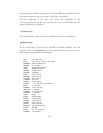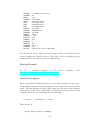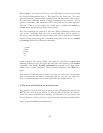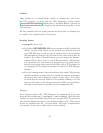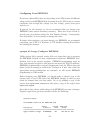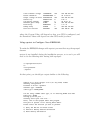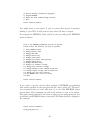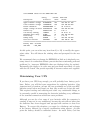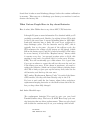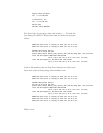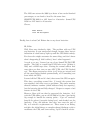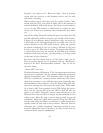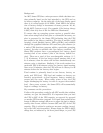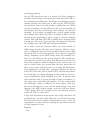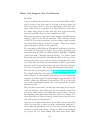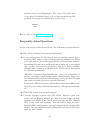found that it takes several discharge/charges before the runtime calibration
is accurate. Take care not to discharge your battery too much as it tends to
shorten the battery life.
What Various People Have to Say about Batteries
Here is what John Walker has to say about APC UPS batteries:
I thought I’d pass on some information I’ve obtained which you’ll
probably eventually need. Besides, by writing it down I’ll be able
to find it the next time. I started installing mine in 1995-1996.
Lead-acid batteries have a finite life even if not subjected to
deep discharge cycles. For the batteries used by APC, this is
typically four to six years. As part of the self-test cycle, the
UPS measures the voltage of the battery at full charge (which
falls as the battery ages), and if it’s below about 90% of the value
for a new battery, it sets off the “Replace battery” alarm, which
it repeats every day. [on apcupsd versions prior to 3.8.0, this
message is sent once, on version 3.8.0, it is sent every 9 hours -
KES]. You will occasionally get a false alarm. It’s a good idea
if you get an alarm to repeat the self-test the next day and see
if the alarm goes away. If the alarm is persistent, you need to
replace the batteries, which can be done without powering down
the UPS or load-you just open up the battery door, take out the
old batteries, and hook up the new ones.
APC makes “Replacement Battery Units” for each of the Smar-
tUPS models, but they sell them directly only in the U.S.
It’s best to wait until the low battery alarm before ordering a
replacement-keeping batteries on the shelf reduces their life un-
less you keep them fully charged.
And Andre Hendrick says:
[For replacement batteries] You need to goto you your local
Yamaha SeaDoo shop. There are 35 AMP Hour deep cycle ma-
rine batteries that are direct replacements. These are gel-cel and
will double the runtime and/or cut your recharge time in half.
Jet Works
1587 Monrovia Ave.
88



